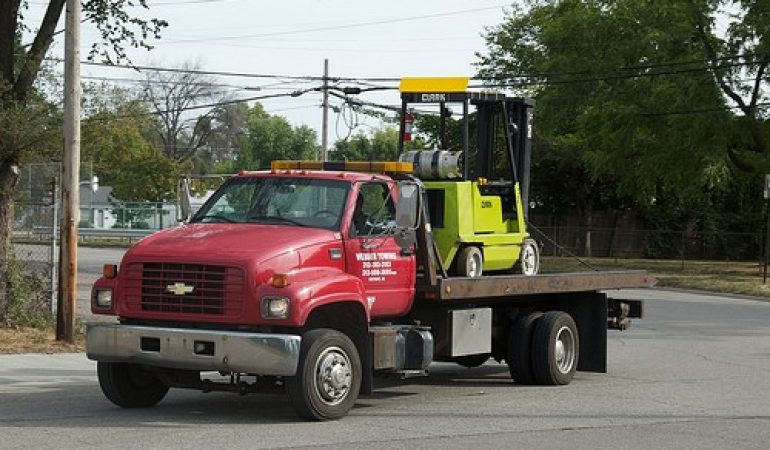Do You Need Insurance for Renting Construction Equipment?
People have myriad reasons for renting construction equipment such as bulldozers and payloaders. In the end, the reasons for leasing machinery are irrelevant, although it’s in your best interest to make sure that someone on the job site knows how to operate it. What matters is protecting yourself, the machine, and the company that leased it to you.
You’re Using Someone Else’s Property

Image via Flickr by dailyinvention
To put it simply, yes, you need insurance when you rent construction equipment. Regardless of anything else, including the guidelines for your state and the terms laid out in the agreement you sign with the rental company, you are momentarily taking ownership of something massive that belongs to someone else. Using another person’s property is a privilege, not a right. If something happens with that machine under your responsibility, you will have to cover the costs of a construction equipment engineering company should one be called.
It’s often tempting to cut corners if you know what you’re doing, if you rent a smaller piece of equipment, or if you’re doing an easy job. Don’t take shortcuts. Construction projects involve too many risks to skip – or skimp on – coverage.
You’re Responsible
Once you take temporary ownership of another company’s construction equipment, you’re responsible for the machine anyway. Most, if not all rental companies ask their customers to sign an indemnification agreement of some sort. An indemnification essentially holds you, as the renter, responsible for the machine. For example, it may state that you take on the financial responsibility of liability suits that arise while you’re renting the equipment. It also makes you responsible for damages to the equipment or the property that you’re working. Without insurance coverage or at least an umbrella policy, could you afford to pay those costs?
Massive Machines Require Extra Protection

Image via Flickr by ericmerrill
Expertise can only take you so far. Handling powerful machines for construction jobs takes caution and luck as well as skill, whether they’re personal, on your private property, or professional. Anything can happen with large or cumbersome equipment. Always opt for extra coverage on construction equipment such as forklifts, pallet jacks, telehandlers, and walkie stackers. Any machine that requires delicate balance needs insurance. If you intend to dig anywhere on the property, coverage is likewise a must. How often do payloaders tip over into holes?
There Are Various Coverage Methods
Contractors who rent equipment likely have some type of insurance already. Because this is typically a self-employed position, you probably have self-insurance, as well. In that case, you can list the rental agency as the designated payee in case something goes wrong on a job. For home improvement projects, you need general liability insurance to cover the equipment as you use it. You can also look into enhanced general liability and inland marine coverage, which is a floater or umbrella policy that takes care of numerous issues.
No Insurance Equals No Work
A machine that incurs damages while in your possession can’t bring in money. You lose money, particularly in professional situations. The rental company loses money as well, because it can’t rent its equipment to anyone else as it undergoes repairs.
Failing to insure rental equipment is irresponsible and reckless. It negatively affects everyone involved. Protect yourself from risk and from costly expenses by looking into the insurance options available for your needs.




